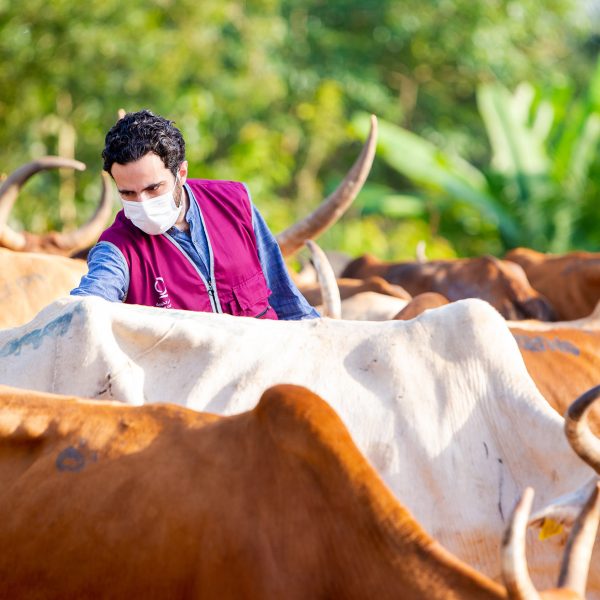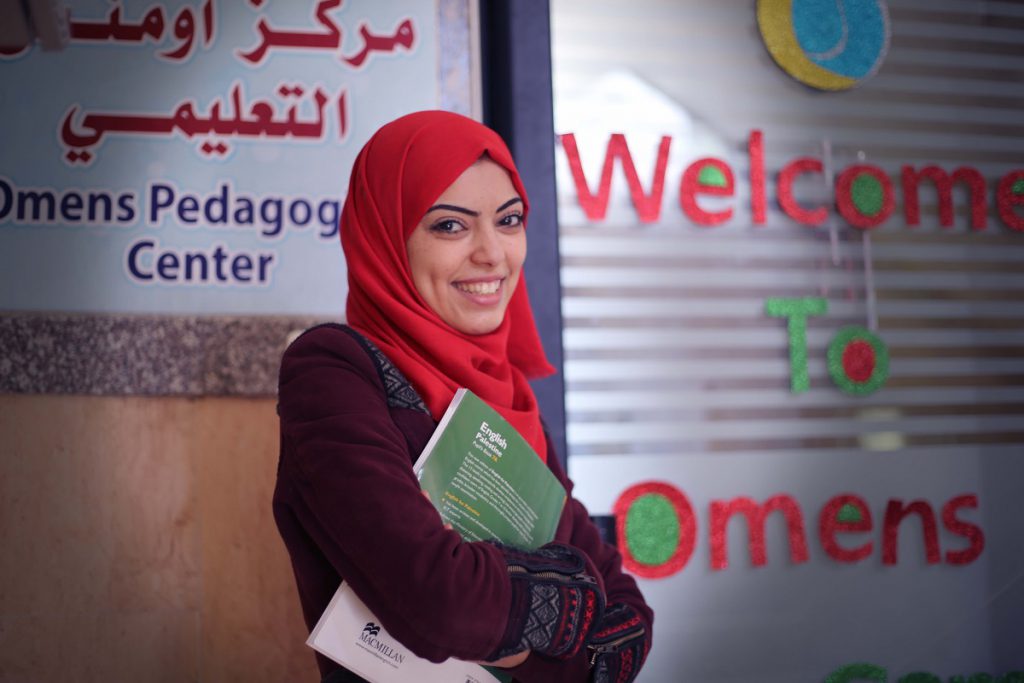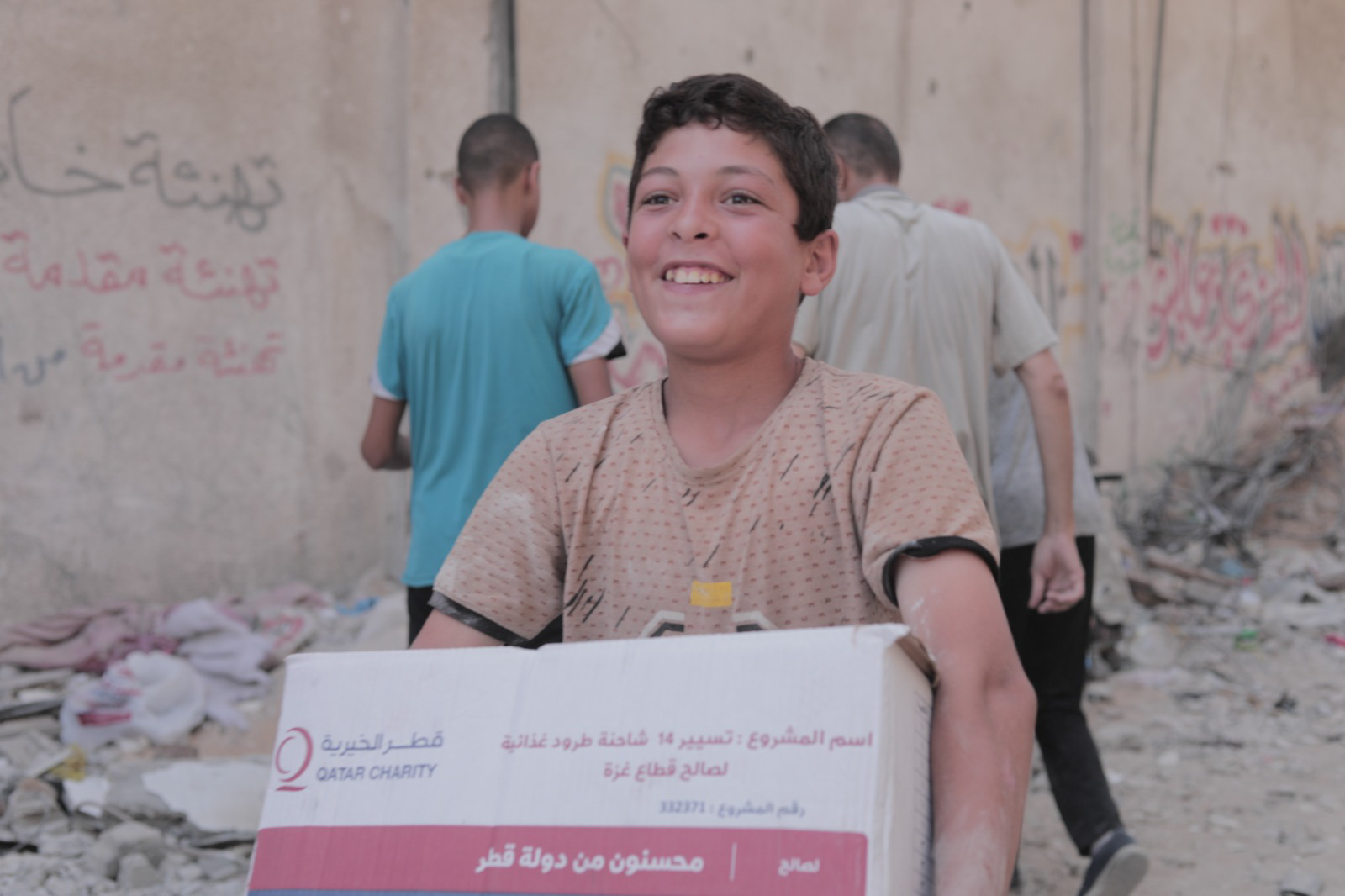The first ten days of Dhuʻl-Hijjah, the twelfth and final month of the Islamic lunar calendar, hold immense significance for Muslims around the world. These days are considered among the holiest in Islam, imbued with spiritual opportunities and religious observances that resonate deeply within the Muslim community. As Eid al-Adha approaches, let us reflect on the profound significance of the first ten days of Dhuʻl-Hijjah within Islam.
Table of contents
Holiness and Spiritual Value
The sanctity of the first ten days of Dhuʻl-Hijjah is underscored by the Qur’an and Hadith. Allah swears by these days in Surah Al-Fajr: “By the dawn, and by the ten nights” (Qur’an, 89:1-2). Scholars interpret these “ten nights” as the first ten days of Dhuʻl-Hijjah, emphasizing their importance. Prophet Muhammad (peace be upon him) further highlighted this period, stating, “There are no days in which righteous deeds are more beloved to Allah than these ten days” (Bukhari).
The Day of Arafah
Among these ten days, the Day of Arafah, which falls on the 9th of Dhuʻl-Hijjah, holds particular significance. It is the pinnacle of the Hajj pilgrimage, where pilgrims gather on the plain of Arafah to pray and seek forgiveness. For those not performing Hajj, fasting on this day is highly recommended. The Prophet Muhammad (peace be upon him) said, “Fasting on the Day of Arafah expiates for the sins of the previous year and of the coming year” (Muslim).
The Hajj Pilgrimage
The first ten days of Dhuʻl-Hijjah coincide with the annual Hajj pilgrimage, one of the Five Pillars of Islam. Millions of Muslims from around the globe converge on Mecca to perform a series of rituals that date back to the time of Prophet Ibrahim. Hajj is a profound act of worship and a demonstration of the unity and equality of the Muslim Ummah (community).
Eid ul-Adha: The Festival of Sacrifice
The 10th of Dhuʻl-Hijjah marks Eid al-Adha, the Festival of Sacrifice. This major Islamic holiday commemorates Prophet Ibrahim’s willingness to sacrifice his son Ismail in obedience to Allah’s command. Allah, in His infinite mercy, replaced Ismail with a ram at the moment of sacrifice. Muslims worldwide celebrate Eid ul-Adha by performing the Qurbani (sacrifice of an animal), and distributing the meat to the poor and needy, symbolizing charity, community, and devotion to Allah.
Acts of Worship and Good Deeds
Muslims are encouraged to engage in increased acts of worship and good deeds during these ten days. These acts include prayer, fasting, dhikr (remembrance of Allah), giving charity, and reading the Qur’an. The increased focus on worship during this time helps Muslims draw closer to Allah and gain His favor.
Conclusion
The first ten days of Dhuʻl-Hijjah are a time of profound spiritual reflection and increased devotion in Islam. They offer Muslims a unique opportunity to seek Allah’s mercy, forgiveness, and blessings through various forms of worship and acts of charity. By observing these days with reverence and dedication, Muslims around the world reaffirm their faith and commitment to the principles of Islam.






